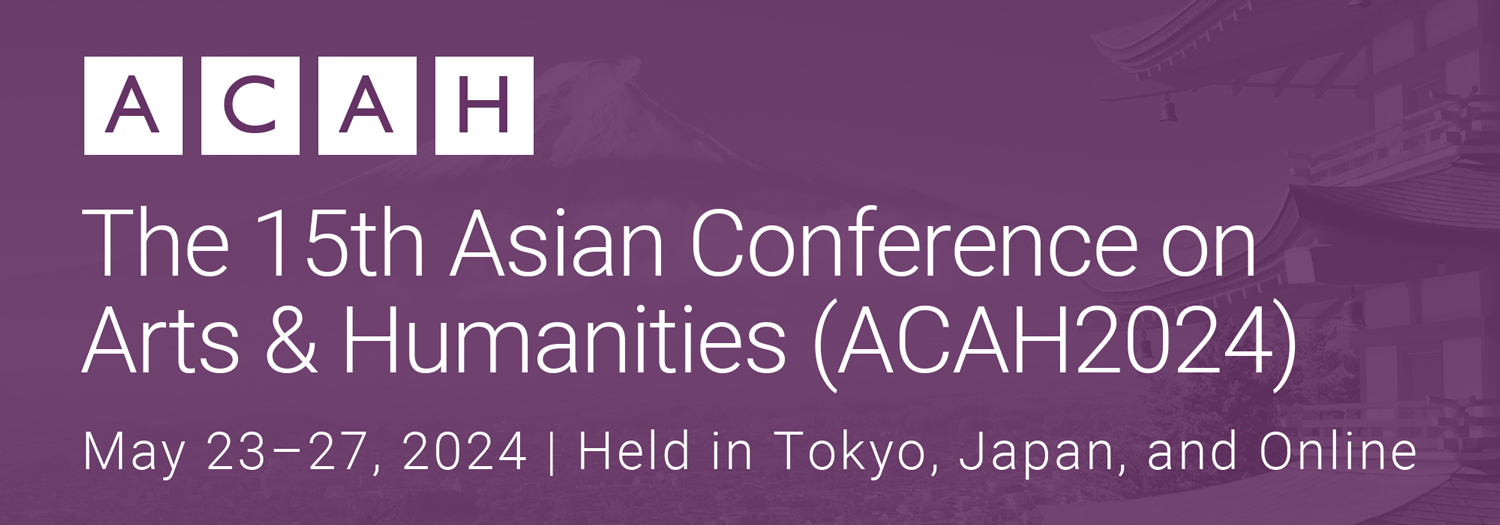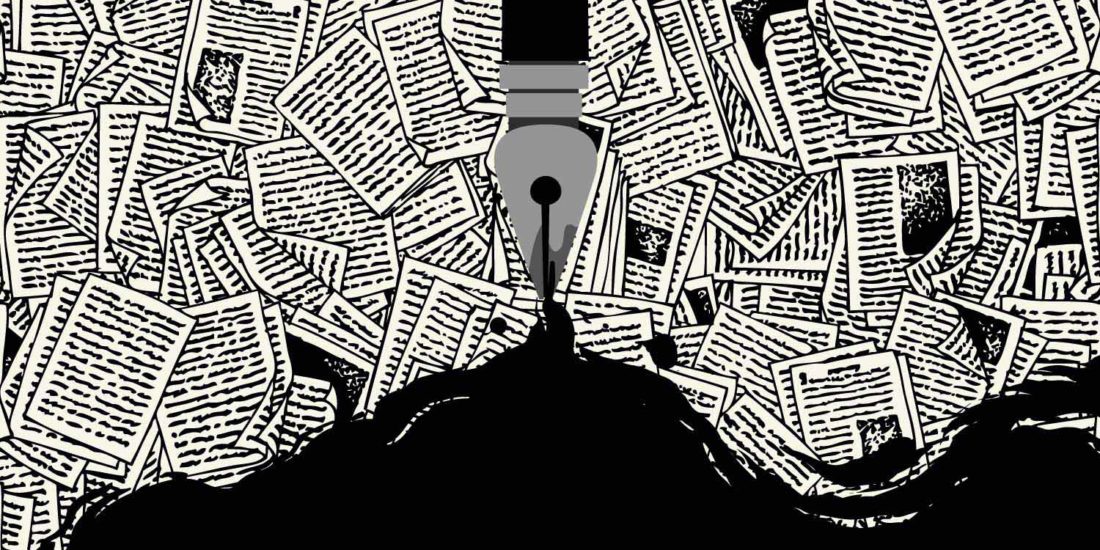Literary studies, Asian studies and Area Studies in Asia as we understand now were invented and created in ruins after the World War II and in Japan’s accelerated reindustrialization after the Korean War, when Japan was a vanguard of Communist vs. Capitalist cultural Cold War front line. There are substantial examinations in the ways how creative writing, institutionalized academic study in literature and literary / creative writing education in the U.S. were heavily under the influence of the Cold War politics. There are some noteworthy works on American cultural diplomacy with Asia during the Cold War (such as Matsuda, Soft Power and Its Perils), yet, as of now, literature and related fields have not received due attention they deserve. To list, there were seven Japanese novelists and three Japanese critics were invited to the U.S. on the Rockefeller Foundation fund between 1953 and 62, with the purpose of making them understand “American way of life” and democratic values. Wallace Stegner, Stanford, initiated the Asian-American Literary Exchange (1949-54), and one of its achievements was English translation of Yasunari Kawabata’s Snow Country, which won the Nobel Prize in 1967. Such cases indicate that it is vitally important to examine the geopolitical functions literary creation, literary studies and translation had in transpacific Cultural Cold War.
Featured Panel Presentations
Panel Chair: Yukari Yoshihara
Seminar in the Ruins: The Saltzburg Seminar and Its Significance in Cold War Cultural Diplomacy Hiromi Ochi
Stephen Spender and Japanese Genbaku (Atomic) Poems in 1950s Hajime Saito
Hino Ashihei’s Amerika Tankenki and the U.S. Cultural Diplomacy during the Cold War Period Jiyoung Kim

